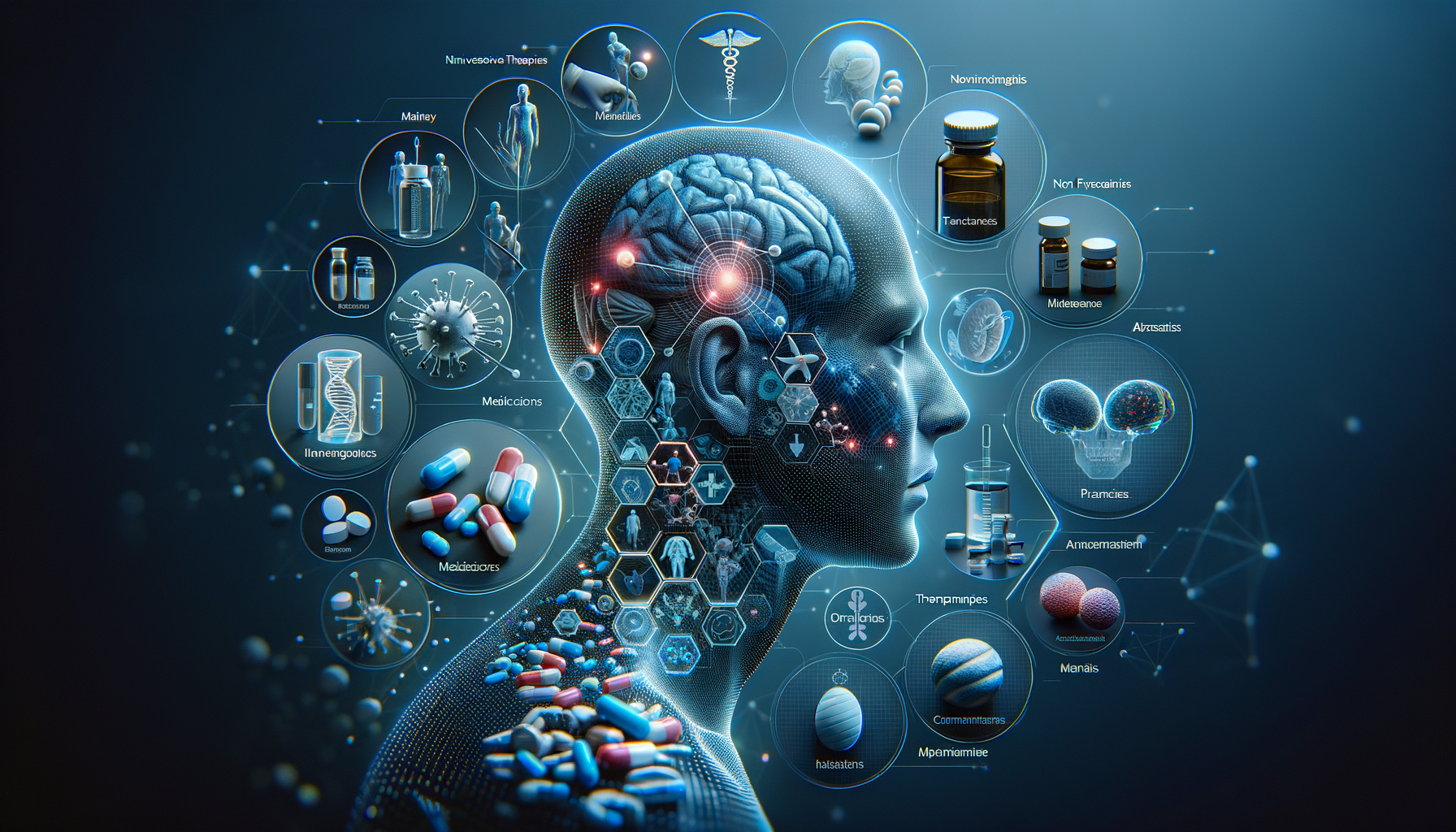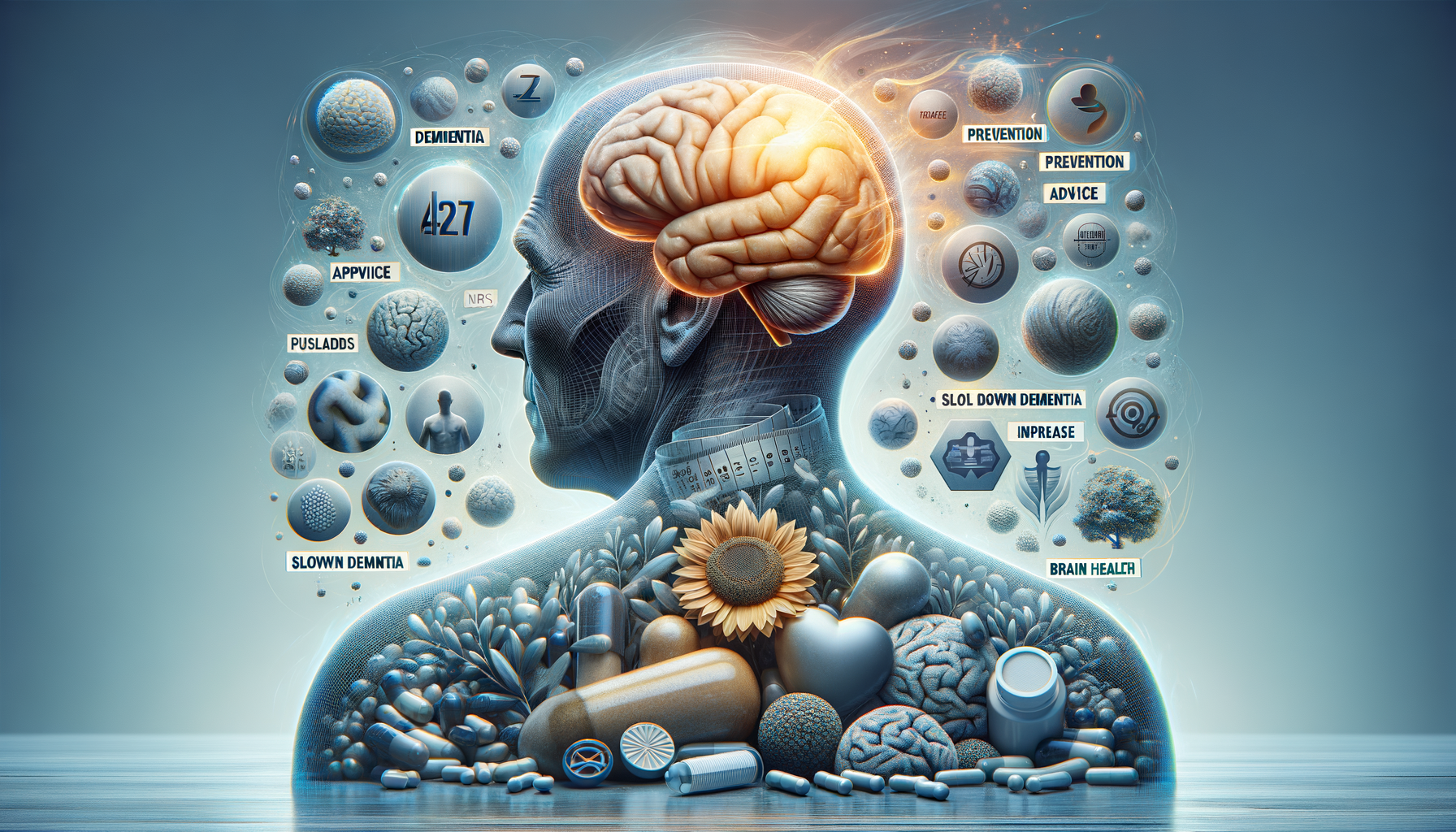Signs You’re Eating Too Much Protein
In our quest for a healthier lifestyle, protein often takes center stage. However, consuming excessive amounts can lead to unintended consequences. Recognizing the signs of overconsumption is crucial for maintaining a balanced diet. One of the primary indicators is digestive discomfort. Excessive protein can lead to constipation, diarrhea, or bloating due to the body’s struggle to process the surplus.
Another common sign is dehydration. Protein metabolism requires more water, and without adequate hydration, you may experience increased thirst or even headaches. Additionally, a persistent bad breath, often described as a metallic taste, can occur due to the body entering a state of ketosis from excess protein intake.
Long-term effects include kidney strain. The kidneys play a significant role in filtering waste from protein metabolism, and overloading them can lead to complications. If you notice any of these symptoms, it might be time to reassess your protein consumption.
How Much Protein Is Too Much Per Day?
Determining the right amount of protein is vital to avoid the pitfalls of overconsumption. The recommended dietary allowance (RDA) for protein is 0.8 grams per kilogram of body weight for the average adult. However, this can vary based on factors such as age, activity level, and overall health goals.
For athletes or those engaging in intense physical training, protein needs may increase to 1.2 to 2.0 grams per kilogram. Yet, consuming more than 2.5 grams per kilogram could be considered excessive and potentially harmful. It’s important to balance protein intake with other nutrients to ensure a well-rounded diet.
Monitoring your protein sources is also essential. Lean meats, legumes, and dairy provide quality protein without excessive calories or fats. Understanding your body’s specific needs can help you determine the appropriate protein intake and avoid the risks associated with overconsumption.
What Happens If You Skip Protein After Workout?
Post-workout nutrition plays a crucial role in recovery and muscle growth. Protein is a key component in repairing muscle fibers and promoting muscle synthesis. Skipping protein after a workout can slow down recovery and reduce muscle gains.
Without adequate protein, your body may struggle to repair the micro-tears caused by exercise, leading to prolonged soreness and fatigue. This can also impact your performance in subsequent workouts, as your muscles may not be fully recovered.
To optimize recovery, aim to consume a protein-rich snack or meal within 30 minutes to two hours post-exercise. This window is often referred to as the “anabolic window,” where the body is most efficient at utilizing nutrients for muscle repair. Incorporating a balanced mix of protein and carbohydrates can further enhance recovery and fuel your body for future workouts.




Leave a Reply